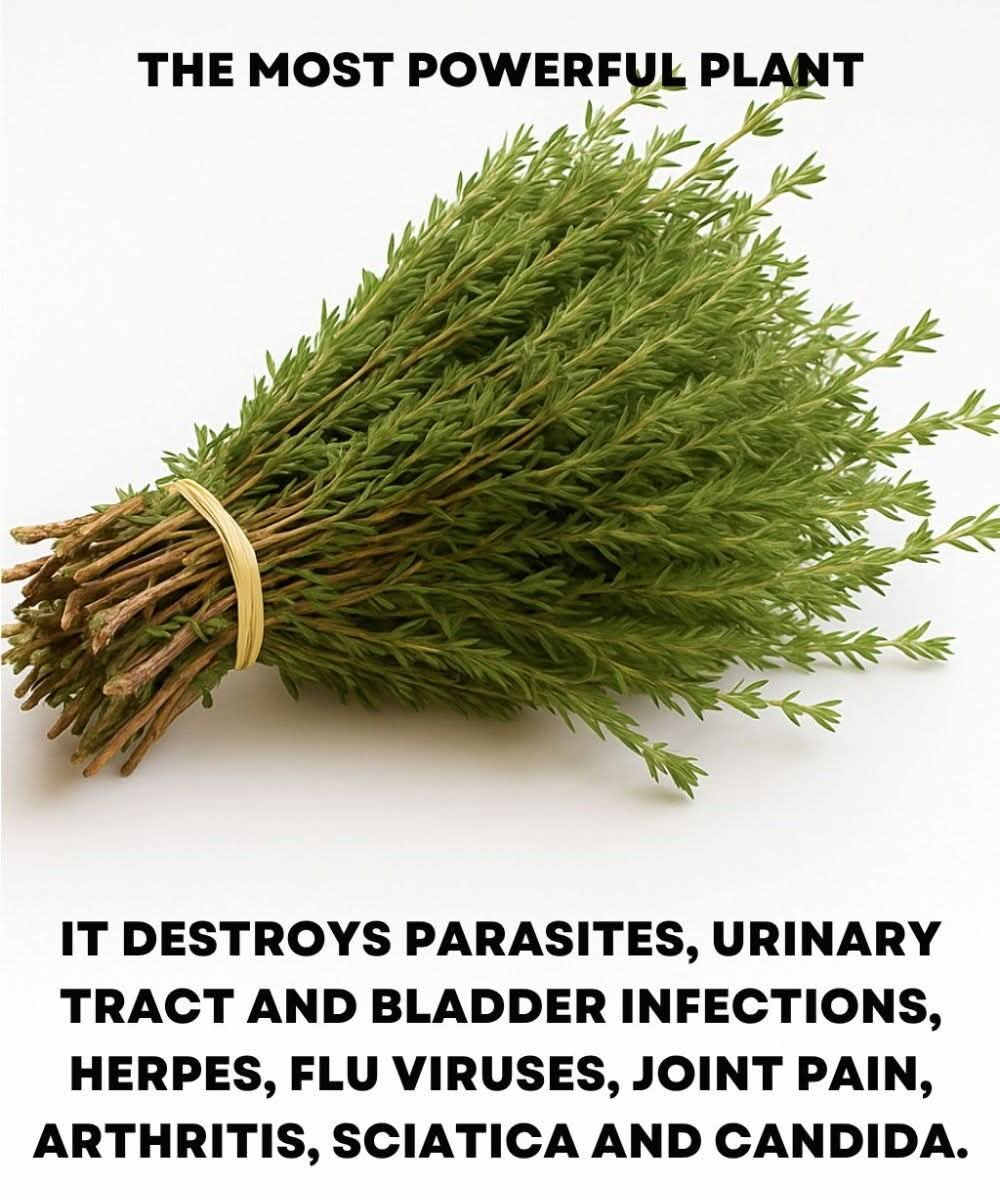Oregano may be best known as the go-to herb for adding flavor to pizzas, pastas, and Mediterranean-inspired dishes, but there’s so much more to this plant than just its culinary charm. Scientifically called Origanum vulgare, oregano has a long-standing reputation as one of the world’s most powerful medicinal herbs, thanks to its high concentration of beneficial compounds like carvacrol and thymol.

For centuries, oregano has been used in traditional medicine across various cultures to treat everything from infections to digestive issues, and now modern science is beginning to validate what healers have known for generations. Today, oregano is gaining recognition in the wellness world for its potent antibacterial, antiviral, antifungal, and anti-inflammatory properties, making it a natural option for those seeking to support their health in a holistic way. These benefits aren’t just theoretical—numerous studies suggest that the compounds found in oregano can actively combat harmful microbes, reduce inflammation, and provide the body with tools to fight off infections. One of the most notable uses for oregano is in promoting digestive and immune health. Oregano oil, in particular, is known for its ability to help balance the gut microbiome by minimizing the growth of harmful bacteria and yeast while encouraging the growth of beneficial organisms.
This contributes to better digestion, reduced bloating, and a healthier gastrointestinal tract overall. Additionally, oregano has been linked to improved urinary tract health, especially during times of mild irritation. Thanks to its antiviral strength, oregano is also seen as a natural ally when it comes to fighting off seasonal viruses like the common cold or even viruses responsible for cold sores. Another area where oregano shows promise is in managing minor joint discomfort and regulating yeast levels in the body. Because of its natural anti-inflammatory effects, oregano may help ease stiffness and soreness in the joints, especially after physical exertion or as part of age-related discomfort.
Its antifungal capabilities are particularly helpful for individuals who are trying to manage yeast overgrowth, such as candida, which can cause a range of uncomfortable symptoms. Supporting a balanced internal environment is key to overall wellness, and oregano plays a subtle but important role in helping the body stay on track. The good news is that incorporating oregano into your daily routine is simple and offers several options depending on your preferences. One of the easiest and most relaxing methods is to brew a cup of oregano tea using fresh or dried leaves. The tea not only provides a soothing experience but also delivers a light dose of the herb’s active compounds. For those looking for a more concentrated form, oregano essential oil is widely available but should always be used with caution. Because it’s so potent, oregano oil must be diluted with a carrier oil—such as olive, jojoba, or coconut oil—before being applied to the skin or taken internally.
Ideally, usage should be guided by a healthcare professional to ensure safety, especially for people with underlying health conditions or those who are pregnant or breastfeeding. Oregano essential oil can be used topically for skin support, diffused in the air for respiratory benefits, or taken in capsule form under supervision. Even if you’re not looking to use oregano medicinally, adding it regularly to your cooking can offer low-key health advantages. Tossing dried oregano into soups, salads, marinades, or roasted vegetables can enhance flavor while quietly delivering antioxidants that support immune function and fight oxidative stress. At the end of the day, oregano is much more than a common herb sitting on a spice rack. It’s a powerful, time-honored plant that offers a wide range of health benefits and has stood the test of time in both kitchens and apothecaries. Whether you choose to enjoy it in your favorite meals, steep it into tea, or apply it topically, oregano is a smart and natural way to support your wellness journey. It deserves a permanent place in your home—not just in the spice cabinet, but in your overall health routine as well.





